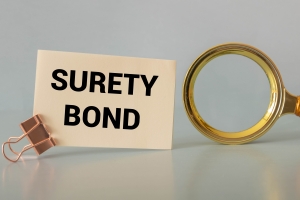
Compared to big businesses, small businesses may operate at a smaller scale, but they experience many of the same risks as their larger counterparts. Maintaining compliance and protecting assets are top concerns, but they also have other challenges that are specific to being a small business. Additionally, since small businesses lack the financial safety net of national corporations, they often feel these risks more profoundly. This turns comprehensive risk management plans (RMPs) from operational obligations into serious investments in the future of the business.
In Hawai‘i, tourist season can make coverage needs more intense for small businesses as they deal with an increase in property theft, damage, and more. Business insurance, when personalized for the size, industry, and specific coverage gaps of the business, can cover events associated with those risks. This article outlines how small business owners in Hawai‘i can identify areas of risk, or gaps in coverage, to form a cohesive risk management plan for coverage where they need it and avoid policies they don’t need.
Related Insurance for Small Businesses
An RMP helps small business owners assess their risk profiles, identify gaps, and prepare for disasters before disruptions occur. Since small businesses operate with fewer staff and resources than large organizations, a single event can have serious consequences on revenue, operability, reputation, and more.
These insurance types provide core coverage for small businesses to protect their productivity:
Commercial Auto Insurance
Commercial auto insurance helps cover damage and injuries from vehicle accidents that happen during business activities. For small businesses that rely on cars, trucks, or vans, it’s essential protection for both property and liability.
Even if your business doesn’t have company vehicles, you may still need coverage. Personal auto policies often don’t cover accidents that happen while driving for work, which means you could be left paying out of pocket. A commercial auto policy helps fill that gap, protecting your business, your employees, and your volunteers on the road.
Employee Benefits Consulting
An effective employee benefits package goes beyond basic health insurance. When employees feel supported with the right coverage, like medical, dental, retirement, and wellness options, they’re more likely to stay and grow with your business.
Strong benefits also help attract new talent in Hawai‘i’s competitive job market. Employee benefits consulting can help you design a package that fits your team, your budget, and your long-term goals, helping you to take care of your people while strengthening your business.
Business Owners Policy Insurance
A Business Owners Policy (BOP) combines essential coverages such as general liability, professional liability, and property insurance into one convenient package for small businesses. A BOP helps maintain the right level of protection for common risks, including third-party injuries, property damage from covered events, and reputational harm that may result from accidents.
This bundled approach simplifies coverage management and helps to keep your business protected against everyday challenges.
Commercial Casualty Insurance
Commercial casualty insurance offers broad protection against losses caused by accidents or unexpected events. This can include injuries that happen on your business property, damage to your building or equipment, and other covered losses.
Because every industry faces different risks, it’s important to review your coverage regularly and adjust it as your business grows or new risks emerge.
Commercial Property Insurance
Commercial property insurance helps cover the costs of repairing or replacing business property, including equipment, if it’s lost, stolen, or damaged. Any business that owns or rents office space, a warehouse, or other workspaces will likely need this coverage to protect their assets.
Additionally, landlords often require commercial property insurance when leasing to businesses, and often set minimum coverage requirements to protect their investment. Having the right policy in place keeps your business and its property protected while also making sure you meet these important requirements.
Commercial Umbrella Insurance

Commercial umbrella insurance provides extra liability coverage that extends beyond the limits of your other policies. It helps protect your business assets if a major claim or lawsuit exceeds your existing coverage, like an added layer of protection that enhances your current policies.
How a Risk Management Plan Can Help
The different insurance policies need to be assembled into a plan that balances the business’s strengths and weaknesses. A risk management plan involves three core steps:
Identify Specific Risks
Identifying a business’s risk starts with looking at location, industry, daily activities, employee status, vehicles, and more. Reviewing past incidents and understanding current industry requirements helps pinpoint the types of coverage that will be needed.
In Hawai‘i, natural disasters add an extra layer of risk for most businesses, whether near the coast or further inland. Local insurance providers can help assess risks specific to a business’s exact location and recommend coverage accordingly.
Assess Coverage Priority
Coverage priorities differ for every business. Visitor-focused businesses may need stronger personal injury protection, while delivery companies often prioritize commercial auto coverage. Other factors, such as employee roles, property type, and industry regulations, can also influence which policies matter most. Regularly reviewing these priorities with an insurance provider helps avoid gaps and ensures coverage aligns with your business needs.
Reduce/Transfer Risk
Risk can be reduced in several ways, including by installing safety features, updating data protection systems, diversifying suppliers to mitigate the risks of shipping delays, and closely managing compliance with small business regulations in Hawai‘i. Two other options for risk transfer may also be useful to small businesses: insurance risk control and surety bonds.
Insurance Risk Control
Insurance risk control involves assessing the potential financial impact of predictable covered events. Timely, justified returns on claims require an accurate assessment of the damage. However, they also require close claim management from dedicated teams to make sure deadlines are met and claims are filed properly.
Surety Bonds

Surety bonds are contracts that guarantee one party fulfils their contract with another party. They’re backed up by a third party, usually an insurance company. These bonds protect clients from financial damages by managing compliance. They’re not always required, but businesses that broker, contract, or provide products and services can use them to transfer risk to the compliance company.
Protect Your Business with a Customized Risk Management Plan
Every small business is exposed to risks, which is why risk management assessments are such effective investments, especially in Hawai‘i. They help businesses reduce their exposure, address coverage gaps, and protect their assets. At Atlas Insurance, our local team has served businesses in Hawai‘i for over 95 years. We know firsthand what risks Hawai‘i’s small businesses experience, and we customize coverage to help them stay operational and productive, even after a disaster.
Contact Atlas Insurance today to learn how customized risk management plans can help your business anticipate and respond to disasters.
